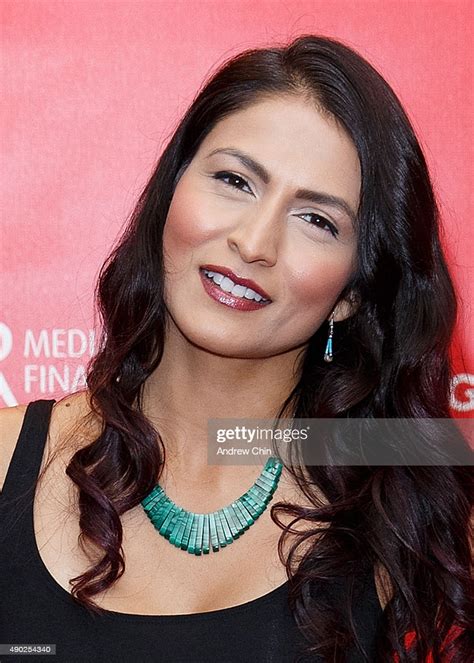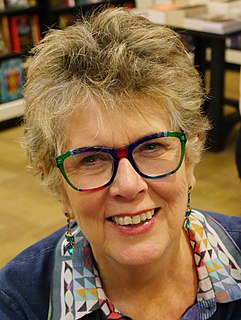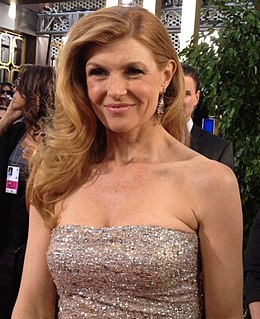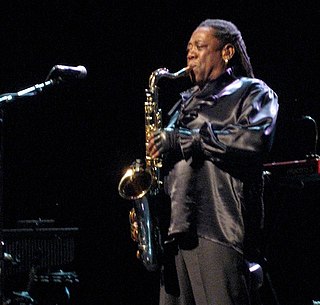A Quote by Melissa Harris-Perry
Look, I grew up in, went to school in, and now live in the American South, and southern white women are interesting, complex and quirky, even the ones with racial anxieties.
Related Quotes
I grew up in the American South, the segregated South. Now we have a black man who is president. It was an age of apartheid, and now that's over. It was an age of two superpowers frozen in a cold war, and now that's resolved. So history marches on, except for this Arab-Israel conflict, which seems to have a claim on being eternal.
I also love doing comedy. I just moved to L.A. last July. Before that, Vancouver is all about sci-fi, so I didn't get any comedy, whatsoever. But in L.A., people are like, "You don't look quirky enough," and I'm like, "I'm quirky. I'm the definition of quirky. How do you want me to look quirky." They have these little boxes that they put everyone in, so now I have to try to break the mold and get them to see me as being quirky.
In many ways, the South can be very traditional and confining. And what is interesting to me is how women find their way around it. Those obstacles create an amazing sense of humor, of fun, and, ultimately, of integrity. The fiercest and savviest women I have ever known are the women I grew up with.
If I lived where I live right now, and my kids were in middle school, they would be the only white kids in the school. That is not a burden I wanted to place on them. My preference would have been a school that was totally diverse - half and half, or close. I wouldn't have hesitated at all if they would have been in the racial minority. But to be the only white kids: I don't think that would have been fair to them.
I love sitcoms, and I grew up on sitcoms. That's my tasty junk food. So I wanted to create a sitcom and have some really quirky characters, because most of the stuff they make now is just so marginalized. How interesting is a white guy who's 28 years old and lives in New York? What story have we not seen about a character like that? Just as a writer, it's so much easier to come up with comedy when you have a really oppressed Indian boy. Or a mother who is an addict but still has to take care of her kids.
As for the Jewish-American question, what's funny is that I grew up in India, and the Jewish-American comparison is better for second-generation Asians. I'm sure there's something about globalization that has globalized our neuroses, so that I, growing up in India, somehow turned out very similar to you. It's a weird thing, when you think about it, but everyone now is exposed to a mainstream white American world, wherever you are. And so there's this need to belong or measure yourself up to that white world, which leads to all sorts of straining.
The miscegenation laws of the South only operate against the legitimate union of the races; they leave the white man free to seduce all the colored girls he can, but it is death to the colored man who yields to the force and advances of a similar attraction in white women. White men lynch the offending Afro-American, not because he is a despoiler of virtue, but because he succumbs to the smiles of white women.






































